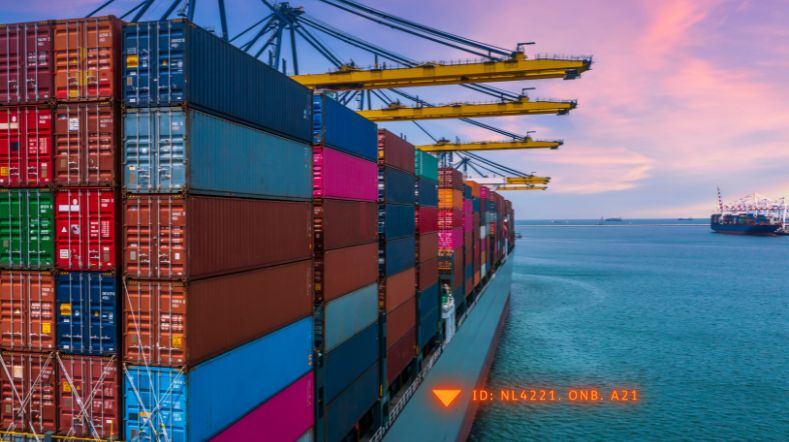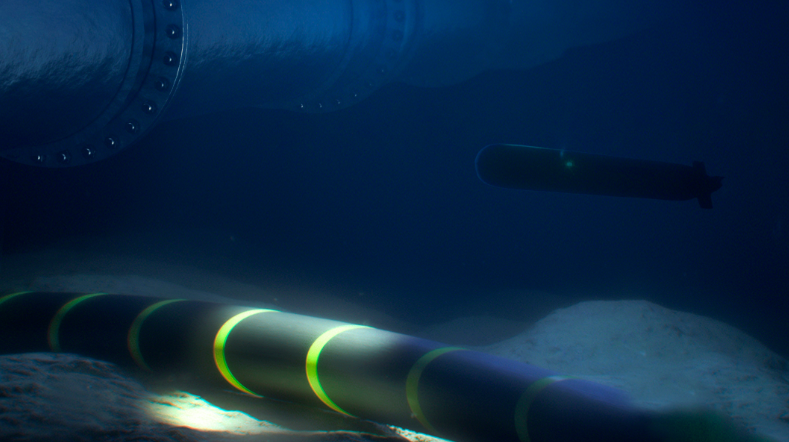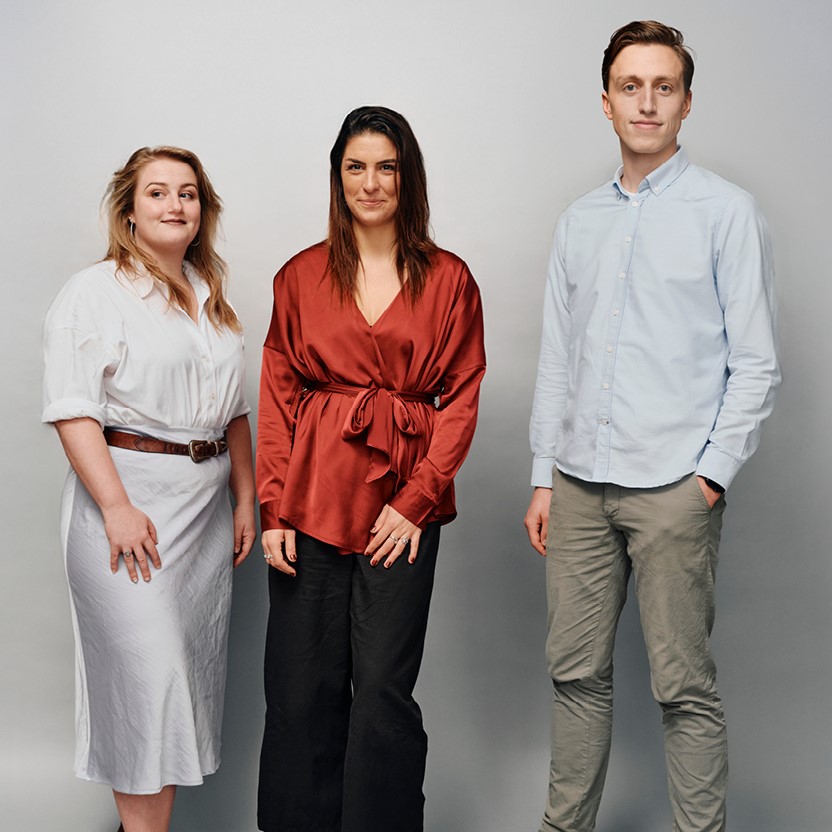
Five steps towards sustainable shipping by 2050
The international shipping industry has signed a historic agreement with the aim of achieving carbon neutrality by or around 2050. This is a huge system transition that will open up excellent opportunities for the Netherlands. As long as we manage to take the right steps together. Jurrit Bergsma, Scientist Integrator for Sustainable Shipping at TNO, explains what these steps are.
1. Target one common goal
'We have now taken this important step. The 175 countries affiliated to the IMO, the United Nations maritime organisation, have agreed that international shipping should be carbon neutral by or around 2050. A 30% reduction in CO2 emissions should be achieved by 2030 and a 70% reduction by 2040.'
'The fact that the global shipping industry is now working towards one common goal really is a turning point. It is essential that sustainability is given a place within all geopolitical interests. As we now have a clear direction for everyone, you’ll find that we can accelerate the transition tremendously. So I’m a lot more optimistic about the sustainable future of shipping than when I started at TNO six years ago.'
2. Work together on a social sustainable business case
'Making an entire sector climate-neutral is a systemic change that is socially driven, but it needs to make sense from an economic perspective too. Now this goal has been set, the conditions must be put in place to support this transition, such as the carbon pricing that will apply from 2024.'
'Ultimately, we want to create a market situation as soon as possible that leaves only two logical options: retrofitting or newbuilding of climate-neutral vessels. To achieve this, all factors of the transition must align, including laws and regulations, supported by effective collaboration between all stakeholders.'
'The Green Maritime Methanol project supported by TNO is an interesting example demonstrating what is needed to implement a new fuel. Methanol is a virtually carbon-neutral fuel from well to wake, is already available, is relatively affordable, and is suitable for internal combustion engines. Within this project TNO is bringing all relevant actors together: shipyards, shipping companies, regulators, governments, industry associations, and ports. We then examine the risks, regulations, and bottlenecks, and consider possible solutions. With this project, we are working towards a viable business case – an approach we will soon be able to use for other renewable energy carriers too.'

'As we now have a clear direction for everyone, you’ll find that we can accelerate the transition tremendously. So I’m a lot more optimistic about the sustainable future of shipping than when I started at TNO six years ago.'
3. Ensure availability of renewable energy
'To achieve climate neutrality, we will eventually need a mix of renewable energy carriers. Which one you use will depend on availability, the type of ship, and the application. Depending on the range of the vessel and the need for independence, there are several logical solutions.'
'For the short term, the focus is being placed on after-treatment systems, such as carbon capture, and methanol and biofuels are also suitable. What’s more, a large proportion of short-sea and inland shipping can be partially electrified over shorter distances. Eventually, we will need to use the large amounts of wind and solar energy generated to make synthetic fuels, so-called e-fuels such as e-hydrogen and e-ammonia.'
4. Start building climate-neutral ships now
'The maritime sector does not build in large numbers, so we ‘learn by doing’. These first climate-neutral ships will be quite costly, but by making mistakes now and learning from them, we will gain a substantial edge in terms of knowledge, as there will be huge demand for sustainable ships in the future. With support from the Growth Fund, the sector is therefore starting to construct 40 climate-neutral demonstration vessels via the Maritime Masterplan. This begins with vessels that obviously should be made climate-neutral, such as government ships belonging to the Rijksrederij (National Shipping Company) and the Navy.'
'However, coastal maintenance vessels or vessels of parties with sustainable customers should also be considered. To maximise the learning effect, these 40 ‘launching customers’ will exchange knowledge and information through a Joint Maritime Digital Platform. The Maritime Masterplan will kick-off at the start of next year. The pioneers in the sector will then be able to submit their final plan based on hydrogen, methanol, or carbon capture. If the plans are approved, construction will start in 2025.'

'The first climate-neutral ships will be quite costly, but by making mistakes now and learning from them, we will gain a substantial edge in terms of knowledge, as there will be huge demand for sustainable ships in the future.'
5. Have the courage to make clear choices
'The scale of the energy transition is so vast that in the Netherlands we need to make clear choices about the areas in which we want to stand out. What are the logical niches and promising value chains through which we can establish or strengthen our international position?'
'The integrator role suits us best: we are very good at putting together complex vessels for specific purposes. Take the offshore industry, for example. Having set itself the ambition of generating 70 gigawatts of offshore wind power, the Netherlands now has a wonderful opportunity also to build these wind farms itself in a sustainable way using clean ships. The transport of renewable energy is also a very interesting value chain, as is inland navigation where we have a huge fleet. If we have the courage to follow through on these choices, we can achieve fantastic results and give new impetus to Dutch shipping, while also future-proofing the industry.'
Get inspired
Wind energy webinars

The transition to sustainable shipping


Ship materials and structures

Naval and Offshore Structures

TNO develops detection system to protect cables and pipelines on seabed



